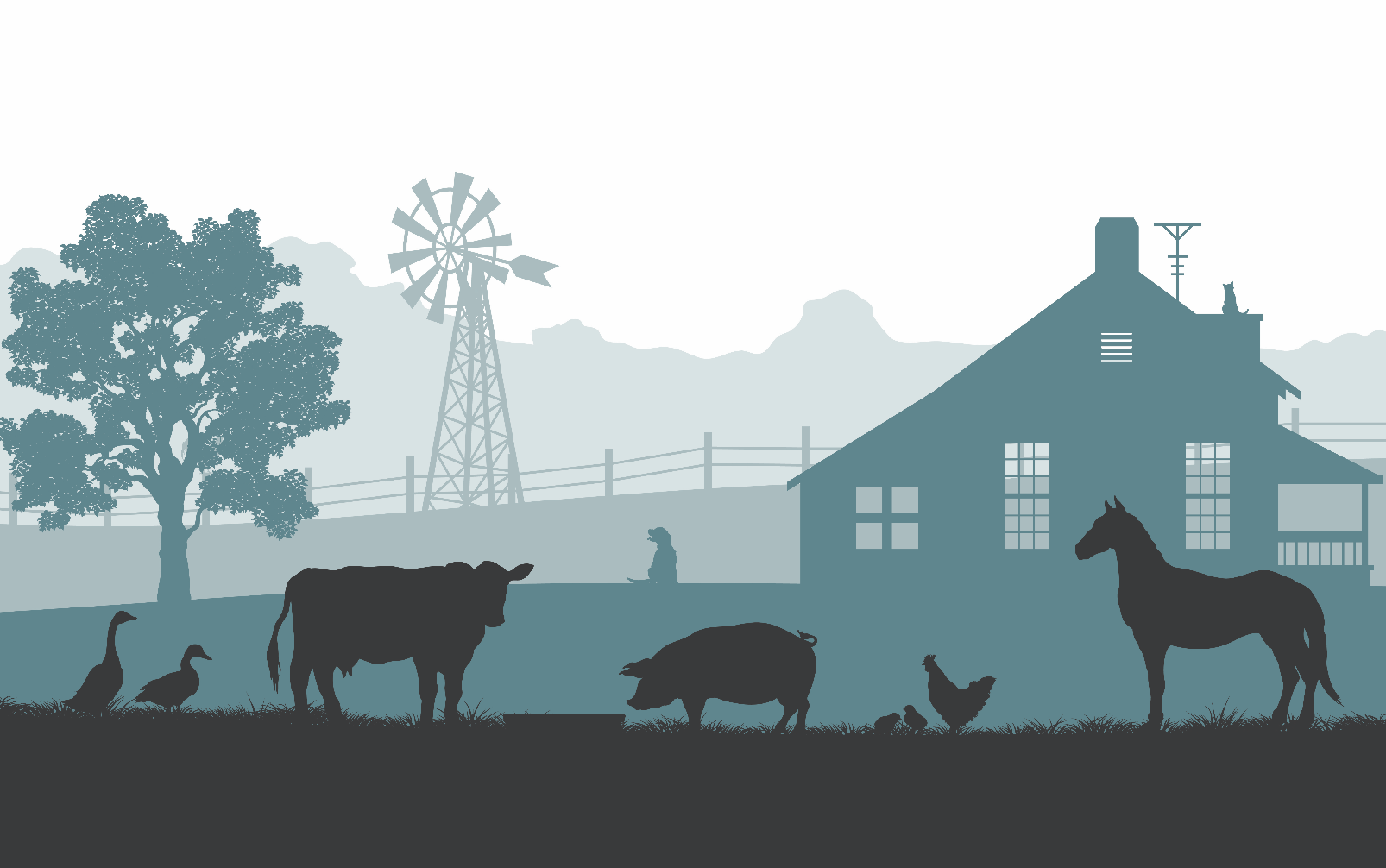
The microbiome plays a vital role in agroecosystems, particularly in the context of animal husbandry. Inner Mongolia, with its unique environmental characteristics and extensive livestock production, offers a significant advantage for studying the microbiome's importance in this specific agricultural system. The gut microbiome of livestock animals influences their overall health, growth, and productivity. Understanding and manipulating the microbiome can lead to improvements in animal health, feed efficiency, and the sustainability of animal agriculture.
Inner Mongolia's vast grasslands provide an ideal setting for studying the microbiome in animal husbandry. The interaction between animals, the plant material they consume, and the local environmental conditions shapes the composition and function of their gut microbiota. By studying the microbiome in Inner Mongolia's animal husbandry systems, researchers can gain insights into the specific microbial communities that contribute to optimal feed conversion, disease resistance, and overall animal well-being. Comparisons between animals raised under different husbandry systems can shed light on the impact of these practices on the diversity and functionality of the microbiome.
In addition to animal health and productivity, the microbiome's importance in agroecosystems extends to soil health and nutrient cycling. The gut microbiomes of grazing animals contribute to the deposition of organic matter and nutrients through their feces, enriching the soil and promoting microbial activity. This, in turn, affects plant growth, nutrient availability, and ecosystem resilience. Understanding the interplay between animal gut microbiomes, soil microbiomes, and plant health in Inner Mongolia's agroecosystems can provide insights into sustainable land management practices and the preservation of biodiversity. Future research directions include exploring specific microbial taxa, developing targeted interventions, and studying the microbial ecology of agroecosystems to enhance animal health, reduce methane emissions, and promote sustainable land management practices.